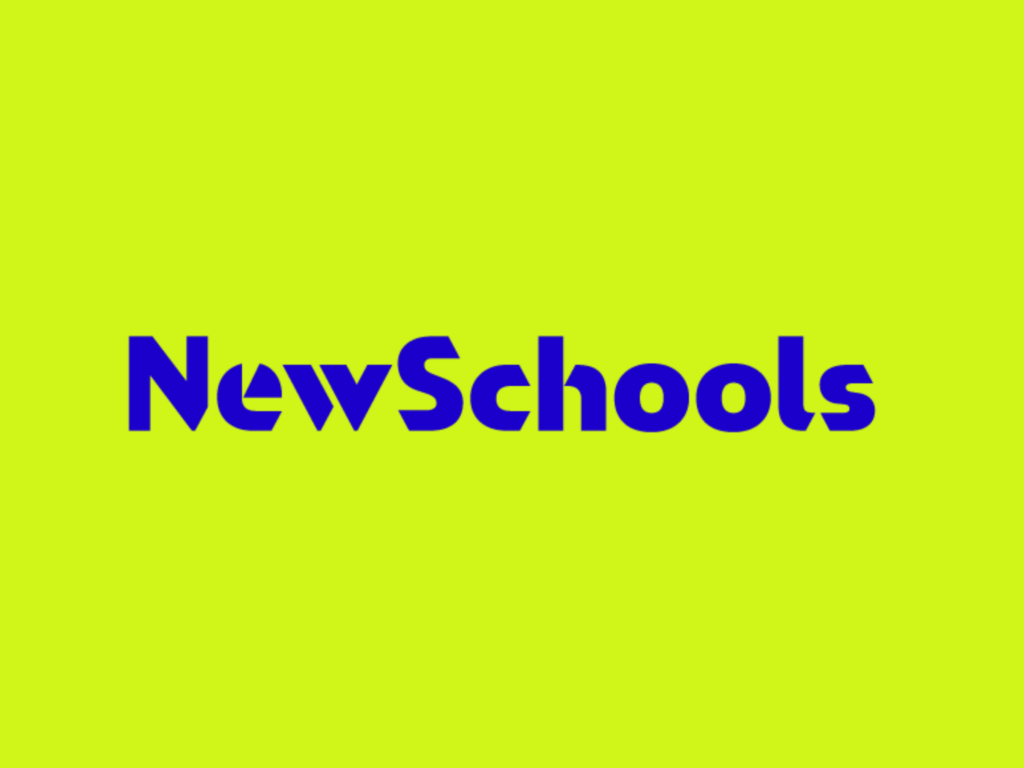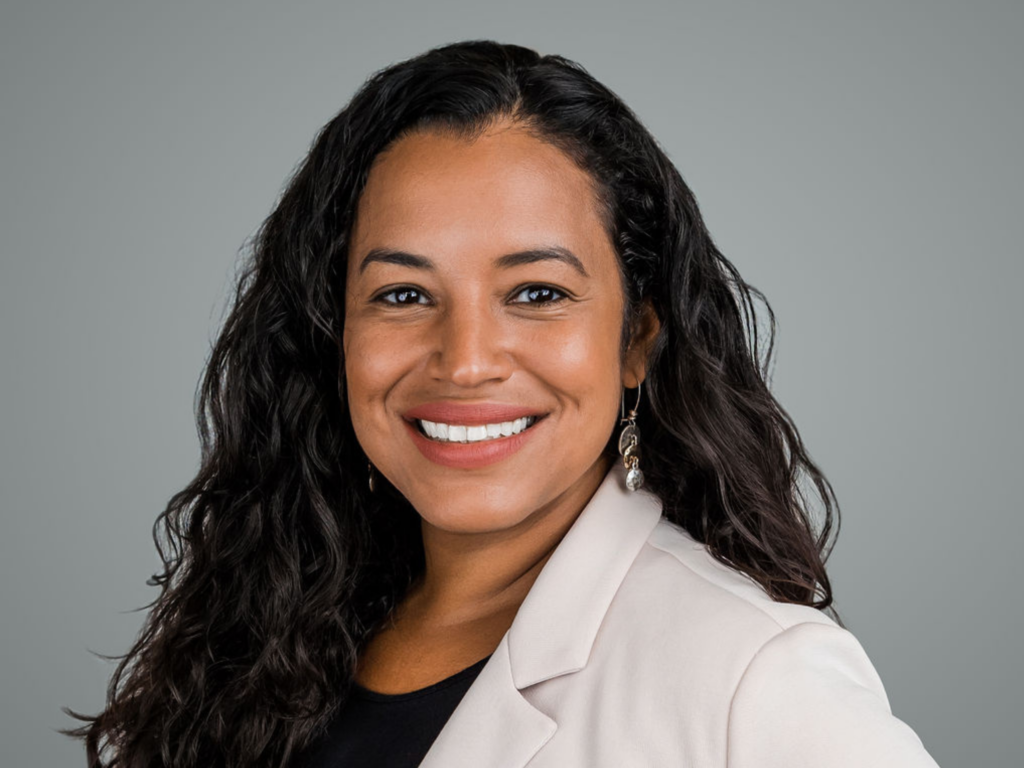by Katherine Ellison, Huffington Post
I felt a lot less melancholy about the future of U.S. public education after having coffee a few days ago with Joel Rose, the founder of the path-breaking New York City experiment called School of One.
That name conveys the philosophy of the program — now running in a limited form at three Manhattan middle schools — which is to customize learning for each student, so that no one is held back, nor pushed forward. For more than a year, School of One has been winning raves from education experts, including Education Secretary Arne Duncan and Woodrow Wilson National Fellowship Foundation president Arthur Levine. Its strategy is to make smart use of technology to personalize education, which can make learning more interesting to students while providing teachers with daily information they can use to plan each kid’s day, according to his or her past progress. The theory is that children who need extra support from teachers or mentors will receive it, without feeling the anxiety of falling behind in class. Teachers’ greater flexibility will then allow them to plan more engaging, hands-on projects during time not spent at the computer.
Rose, as he revealed over the coffee, is now taking his winning idea to a national stage. He told me he is leaving NYC’s education department this month to finish raising $30 million so that he can duplicate School of One in hundreds of other U.S. classrooms. An early backer is the New Schools Venture Fund, co-founded by Silicon Valley investor John Doerr, whose sharp eye helped launch Amazon and Netscape.
“President Obama has been saying that this is our Sputnik moment in education,” says Rose, a former Teach for America elementary school teacher. “But where is the goal equivalent to putting a man on the moon?”
Rose has a vision for what that goal should be: transforming a quarter of American classrooms to the School of One model. It’s an objective that may easily win political supporters who’ll appreciate the money it could save at a time when education is so woefully underfunded. Yet it should be undertaken with caution, especially before we start thinking about substituting laptops for teachers. To the degree that technology ramps up in the classrooms, administrators will have to pay quality attention to whether the many students in need of strong relationships with actual people still have them.
Even with these concerns, however, I wish School of One had been around when my kids needed it, or for that matter, when I did. I so clearly remember being bored out of my mind all through grade school — a form of mental torture that I hope we will one day consider as ridiculous as letting principals deliver spankings.
–Katherine Ellison is a Pulitzer-Prize winning investigative journalist. Her latest book is titled “Buzz: A Year of Paying Attention”

